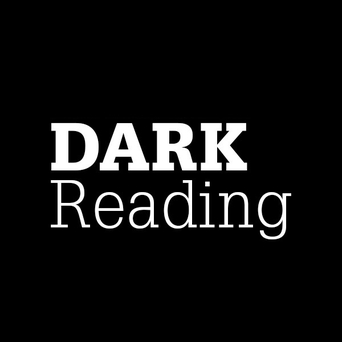
London – 4th July 2023 – This week, the House of Lords continues to debate the Online Safety Bill (OSB), demanding every private online message sent in the UK is scanned for the potential of illegal content. A new study shows the UK public believe the new legislation will not achieve this aim.
The independent survey, conducted by Opinium for Element, polled 2,000 politically and nationally representative UK citizens. It revealed that, despite Government assurances, 70% of the UK public believes scanning our online messages will not stop criminal activity, and 44% think it will damage national security, by creating a centralised ‘honeypot’ for nation state hackers.
UK Public at Odds With Government
Unlike the Government, some 83% of UK citizens believe personal conversations on messaging apps such as Element, WhatsApp, or Signal should have the highest level of security and privacy. However, under the Online Safety Bill, communications providers are expected to break the trust of their consumers and scan every single one of their conversations, on the off chance they are committing an egregious crime. Key findings from the research study are:
Matthew Hodgson, CEO of Element, comments: “Technology is not responsible for criminal behaviour and it should never be touted as a catch-all solution as the OSB currently does. If the UK won’t listen to security experts, perhaps it will now listen to its citizens who know very well that surveilling our online conversations will only push criminals to other platforms, while reducing security for good actors.”
He notes: “This research shows UK citizens are well aware that their privacy, and that of our businesses and even our Government, will suffer if this poorly thought-out legislation comes to pass. Criminals and rogue nations will rejoice. We need to stop this Bill.”
Private Conversations for All
No matter how you cut it, UK consumers care about retaining the privacy and security of online conversations. 44% of the British public believe citizens should have access to the best private and secure communications available, not just the government (27%). This drops down to only 7% for businesses.
OSB Drops UK Privacy to North Korea, Russia, and China Levels
The Online Safety Bill proposes that Ofcom can mandate an unspecified 3rd party tool to connect to private messaging systems such as Element, WhatsApp, and Signal to covertly scan messages. Brits said China, North Korea and Russia are the countries most likely to routinely scan private messages in this way today — just 12% expected Britain to adopt such widespread routine surveillance, although this is the stated intention of the Bill.
Hodgson continues: “If the Online Safety Bill goes through, every online conversation could end up being surveilled, placing us on the same stage as other governments we know monitor their citizens’ conversations – China, Russia and North Korea. Meanwhile Brits will lose their strongest cyber defence, giving criminals the upper hand; criminals who will not be using regulated apps known to comply with Ofcom’s requirements.”